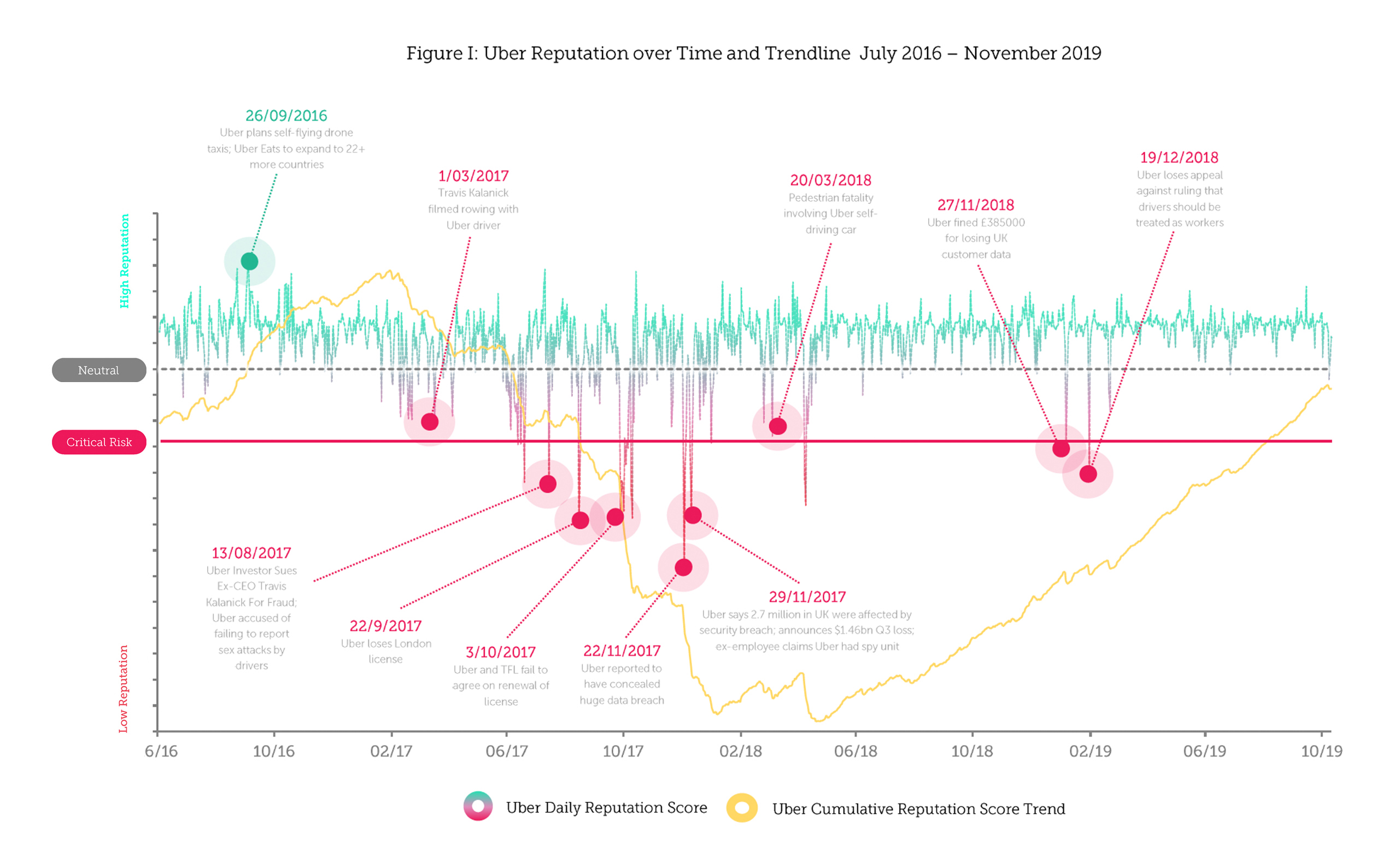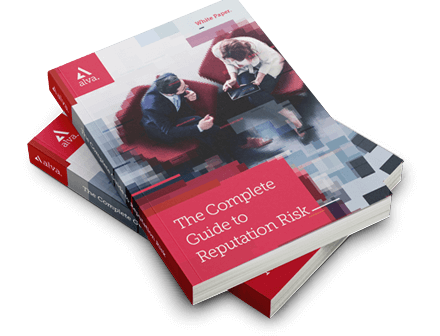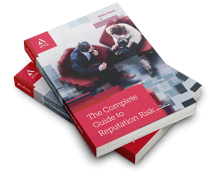Uber and the road to reputational recovery
The news that Uber will not be granted a new licence to operate in London after repeated safety failures, has divided opinion, with customers and drivers understandably largely upset with the decision while critics, competitors and the media commentariat broadly supportive.
It is no secret that Uber has not endeared itself to many different stakeholders over the past 3+ years, with the concerns over passenger safety forming part of wider criticism the firm has faced over the employment status and remuneration of its drivers, its corporate culture under previous CEO Travis Kalanick as well as its protection of customer data. On top of this, it has served as the lightning rod and embodiment of the many perceived ills of the so-called tech unicorns, whose business models and valuations continue to attract opprobrium from vocal segments of the investment community.
That said, from a reputation repair perspective, the company seems to have stuck to its playbook. It has changed its senior leadership with the appointment of current CEO Dara Khosrowshahi, drawing a line under the controversial leadership of founder CEO Travis Kalanick; it has apologised for past mistakes and acknowledged the need for reform; it has undertaken a seemingly ambitious plan to enhance passenger safety; and it has publicly and visibly communicated what the new organisation looks like and how it is different. On top of this, it has also avoided being drawn into further reputational issues.
Yet despite all of these changes, the company is still – at the time of writing – facing the potential loss of its license to operate in London. Why, therefore, haven’t its restorative measures worked?

Figure I shows Uber’s daily reputation score over the past year as well as its cumulative reputation trend line over the period. This can be divided into three distinct reputational phases which we can broadly characterise as follows:
Phase 1: End of tech start-up enthusiasm (July 2016 – Feb 2017)
The excitement and interest of Uber as a pioneering tech start up begins to wane, although innovation stories around the company’s plans for drone deliveries, self-driving cars and continued expansion still generate headlines. The company is increasingly under fire over issues of corporate culture and the leadership style of Travis Kalanick.
Phase 2: Reputational decline (March 2017 – March 2018)
Phase 1 is brought to an abrupt end as a series of exposés regarding Travis Kalanick lead to his resignation. Uber experiences a number of reputational challenges (as per Figure I) over a tumultuous 12-month period. 14/15 of the company’s lowest scoring days occur in this period and the trend line bottoms out in April 2018.
Phase 3: Long road to recovery (April 2018 – November 2019)
Uber experiences a long period without significant new reputation challenges as it focuses on attempting to rebuild its reputation for passenger safety. Its reputational trend line steadily progresses back towards neutral as it moves out of the firing line.
What the data tells us is that after a torrid 2017, the initiatives that Uber had undertaken were starting to work; the company’s reputational trend line was returning to the neutral point and it was slowly building a sustained period of neutral coverage – vital distance from the negative headlines of 2017.
Tantalisingly, the company’s reputational trend line was just on the verge of returning to neutral as the decision not to renew its license was announced by TFL. The adage that reputation takes a long time to build and a short time to destroy appears to be validated by the data.
In effect, Uber needed more time for the benefits of its transformation to be fully realised, for greater distance to be put between its present and its past and for stakeholder perceptions to have adjusted to the new version projected by the company.
While it can only be speculation, had Uber managed to deliver another 12-18 months of reputation recovery, we may have seen many more stakeholders advocating the company’s continued operation in London making a decision to revoke its license to operate a much harder call for Transport for London to make.
Be part of the
Stakeholder Intelligence community











